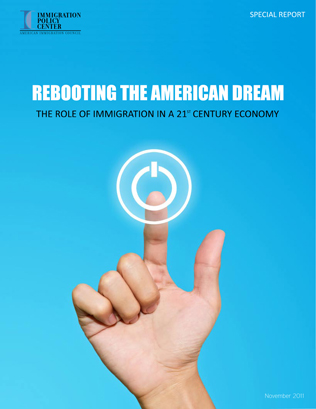 By Susan Pearce, Elizabeth Clifford and Reena Tandon
By Susan Pearce, Elizabeth Clifford and Reena Tandon
When Americans picture an immigrant entrepreneur, they likely imagine a man who began the migration of his family, later bringing his wife over to become a volunteer assistant in the shop. This image is straying farther and farther from reality as more women open their own enterprises. Yet the idea that immigrant women might be the owners and originators of some of our restaurants, motels, Silicon Valley hi-tech firms, local real-estate agencies, or other entrepreneurial ventures has yet to become conventional wisdom.
Today, immigrant women entrepreneurs abound in every region of the United States. In 2010 for example, 40 percent of all immigrant business owners were women (1,451,091 immigrant men and 980,575 immigrant women). That same year, 20 percent of all women business owners were foreign-born. These numbers indicate that there is a quiet revolution of immigrant women’s business ownership that is organically growing, but is going relatively unnoticed in the culture at large.
In this report, we asked women from a range of business sectors in several cities to tell us why and how they started their ventures, what challenges they faced, what their businesses mean to them, and what contributions they are making.
Published On: Thu, Dec 08, 2011 | Download File





